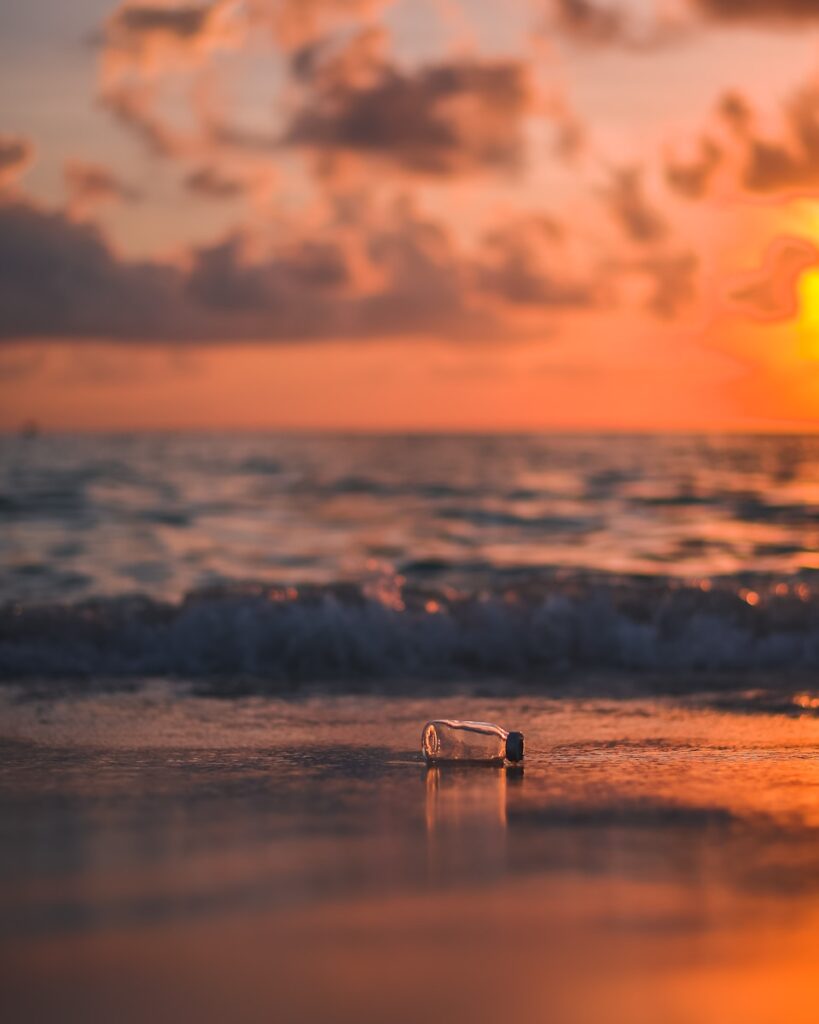A new EU-funded project will turn discarded fishing nets and other marine plastic waste into household products.
Fishing nets and waste plastic that are dumped in oceans poses a major threat to the environment, with the total economic damage of marine plastic waste estimated at almost €12bn per year.
The €1.7m Blue Circular Economy (BCE) project will aim to promote and support companies to create sustainable industries in the recycling of used fishing nets into commercial products.
The project is a partnership between The Centre for Sustainable Design (CfSD), the Western Development Commission, Technical University of Denmark, Norwegian University of Science and Technology and the Environmental Research Institute.
Martin Charter, director of the CfSD said about the partnership: ‘The need to set up systems to recycle and reuse waste fishing gear to help tackle the growing problem of ocean marine plastic is now becoming an important environmental and social imperative; especially now the European Parliament has initiated the development of extended producer responsibility schemes within the Single Use Plastics Directive.
‘This will require ingenuity and innovation within port-cities and create major opportunities to develop new products from waste fishing gear.
‘Our previous research showed that entrepreneurs were creating a variety of products from recycled and reused waste fishing gear polymers including skateboards, clothing, footwear, sunglasses and construction products.’
Environment Journal recently interviewed author Michiel Roscam Abbing who has produced a book about marine plastic waste. He said governments must better regulate the fishing industry to stop ‘ghost nets’ being dumped in the sea.
‘This industry is very difficult to regulate because nobody sees what is happening at sea,’ he said.
‘It is very worrisome for instance that none of the mega-fishing companies includes the problem of ghost nets in their agenda. It is clear that voluntary measures will have hardly any effect.
‘Governments must take this issue seriously and implement regulation. Options include a deposit scheme for fishing nets, or satellite tracking systems that can trace abandoned or lost nets.’
Photo credit – Pixabay







